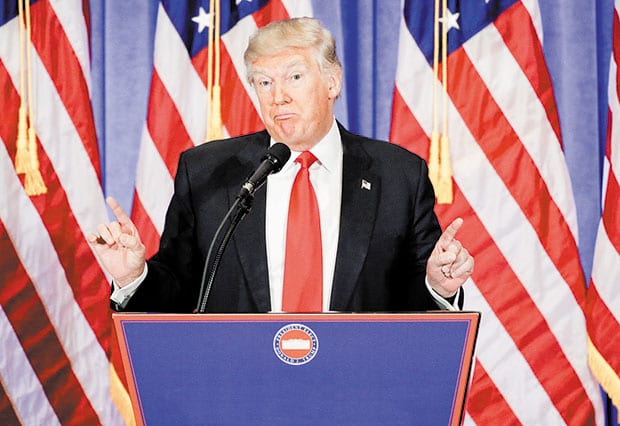
Was the raid on the office and home of Trump attorney Michael Cohen an abuse of power by Robert Mueller?
Whether you agree the raid should have taken place, Mueller didn’t order the raid. He referred information to New York prosecutors. The Justice Department requires that a raid that could violate attorney-client privilege must be approved at different levels.
Before the raid could take place, it had to be approved by U.S. attorney for the district. In this case, that is Geoffrey Berman, a Trump appointee.
The prosecutors directing the raid must consult with the criminal division of the Justice Department in Washington.
Then a U.S. magistrate judge must issue the warrant. Prosecutors must convince the judge there’s an probability a crime has been committed and the raid is necessary.
Why doesn’t attorney-client privilege apply in this case?
It does.
A separate team must go through all the seized evidence first and separate anything that would be covered by client-attorney privilege so that prosecutors don’t see it.
But if a client is using an attorney’s services to commit fraud or another crime, attorney-client privilege doesn’t apply.
In other words, if a client confesses a crime to an attorney so that the attorney can put on a reasonable defense, attorney-client privilege is guaranteed. But if the client is using the attorney to commit a crime, such as laundering money from a campaign through a third party to pay off someone to keep quiet, that privilege ceases, because money-laundering by a campaign is illegal.
Trump has said he knew nothing about a payment made by Cohen to Dallas’ own Stormy Daniels. In New York, it is illegal for an attorney to act on a client’s behalf without the client’s knowledge. That statement alone by Trump may have been enough to cause the magistrate to issue the warrant.
— David Taffet















